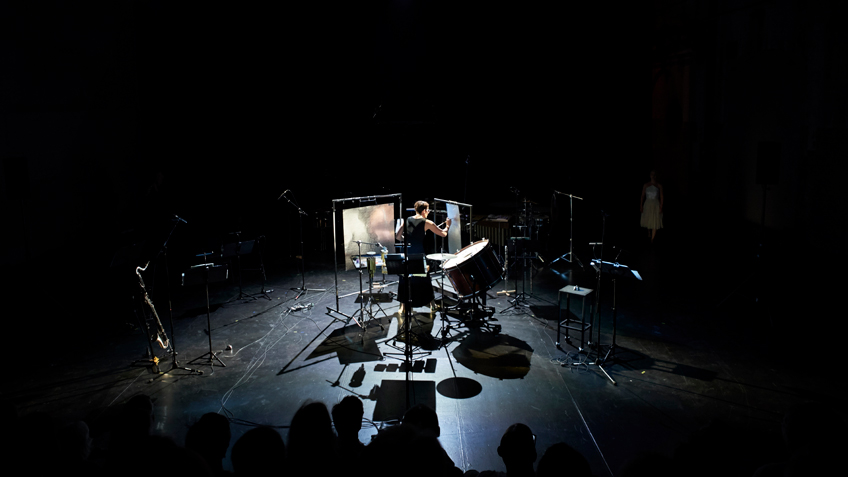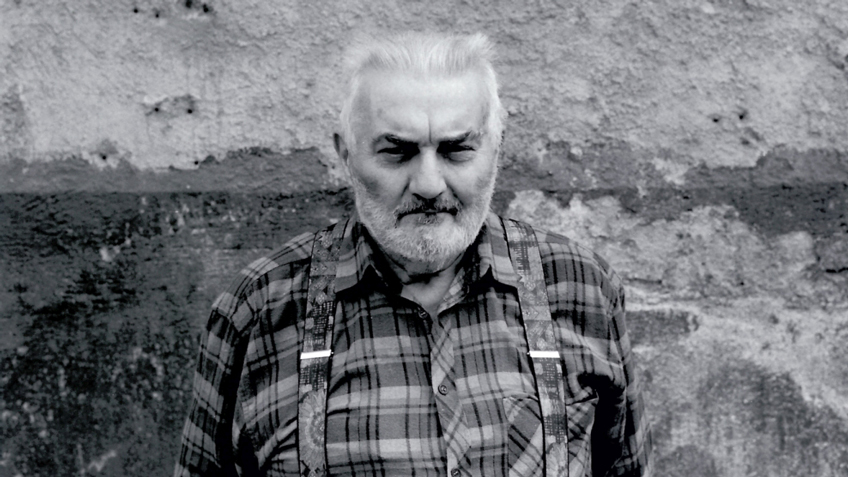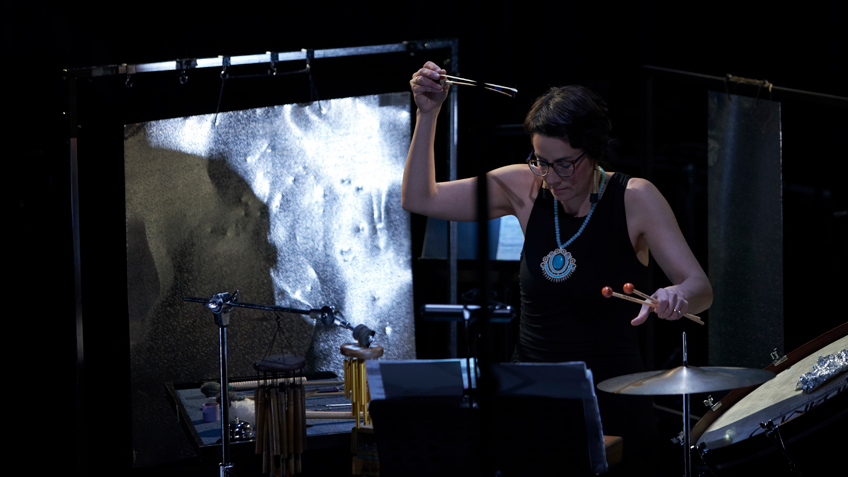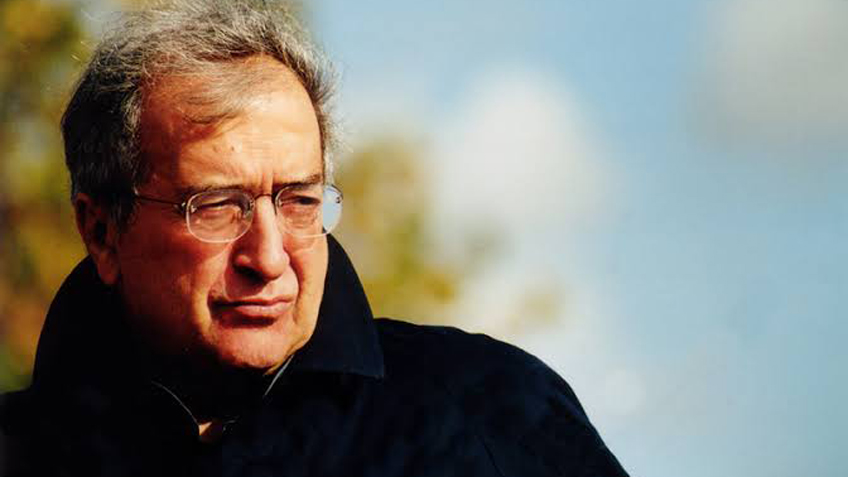Lone Hemispheres and the Music of the Italian Avant-Garde
by Claire Edwardes
We presented Lone Hemispheres for the first time at Carriageworks last year in 2018. It was a Xenakis focus program but at its essence the same concept applied as in 2019. Three soloists all performing 20th century classics of their repertoire alongside new Australian works inspired by those works. Last year the classics were by cult mathematician, architect and composer Iannis Xenakis and this year they are by Luciano Berio and Franco Donatoni – two icons of the Italian avant-garde who are equally revered within our music scene today. These solos for flute, clarinet and percussion are all pieces which played a seminal role in our development as musicians – musicians who would later commit our careers to championing the new and the different.
For me personally ‘Omar’ by Donatoni was a seminal piece in my development as a musician. It was a solo I recorded with the ABC after winning Young Performers and working on it intensely when I first moved to The Netherlands for my post graduate studies in 1999. The work will always evoke that time in my life twenty years ago when there was so much wonderment around the new music I was learning and interpreting. Both ‘Omar’ and ‘Soft’ are typical Donatoni with sudden cuts in character and content. As with Berio’s classic ‘Sequenza’s’, they are highly virtuosic and push the soloist to the limits of physical ability.
I was actually involved in an interesting panel discussion recently in Berlin with the artistic director of ICE (New York) and Ensemble Adapter (Berlin) about the relevance of programming ‘classics’ from the 20th Century in this current day and age. We had differing opinions here – both the Europeans and the Americans didn’t feel the need to go there. However myself and my colleagues at Ensemble Offspring firmly believe in the lineage of music even if it is not obviously direct. And of course this does not need to limit composers writing now, but rather inform them and inspire them. These works from the Italian avant-garde have become classics for a reason and that is because they are bloody well written and formed works of art. For us, the interpreters and performers, and of course the audience as well, this great art cannot and should not be left in the past, but rather celebrated.
The new ‘sister’ works on the program have all been inspired by these two icons of the Italian avant-garde in their new solos. This was in fact the brief when we commissioned them. Ensemble Offspring founder, Damien Ricketson, 2018 Noisy Women Commission recipient and emerging talent Elizabeth Younan and finally Tristan Coelho’s ‘a line is a dot that went for a walk’ are special moments for us to reflect on our trajectory as an ensemble – celebrating the past with the old and forging into the future with the new, as we prepare for our 25th year making music together in 2020.
There is so much freedom when presenting a concert with just three soloist instrumentalists in a blank canvas warehouse style space such as Carriageworks. I am the musician on stage who is limited by my instrument (the vibraphone) and I am therefore stationary – but the other two can move about so there is a huge amount of freedom in terms of staging. Michelle St Anne from Living Room Theatre came on board for Kontiki Racket, our recent festival at Paddington Town Hall and having the opportunity to work with her again so soon is such a blessing. Michelle is so inspired by the music we champion and finding collaborators outside of music who are just as passionate about new ways to disseminate it in fun, engaging and interesting ways is a true find.
Claire Edwardes is a percussion soloist and chamber musician. She is the artistic director of Ensemble Offspring who, with Carriageworks, present Lone Hemispheres 2 on 7 Nov.



